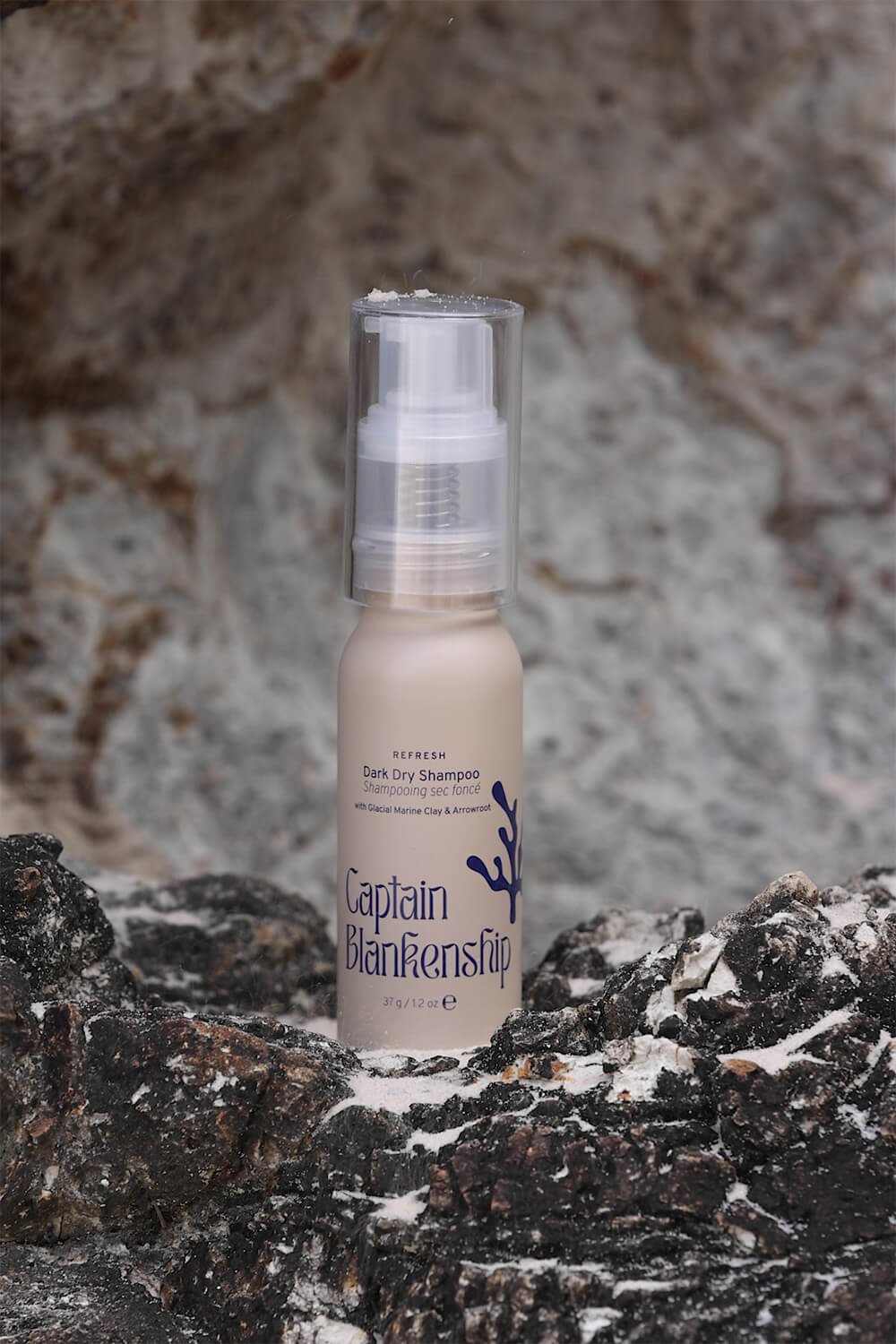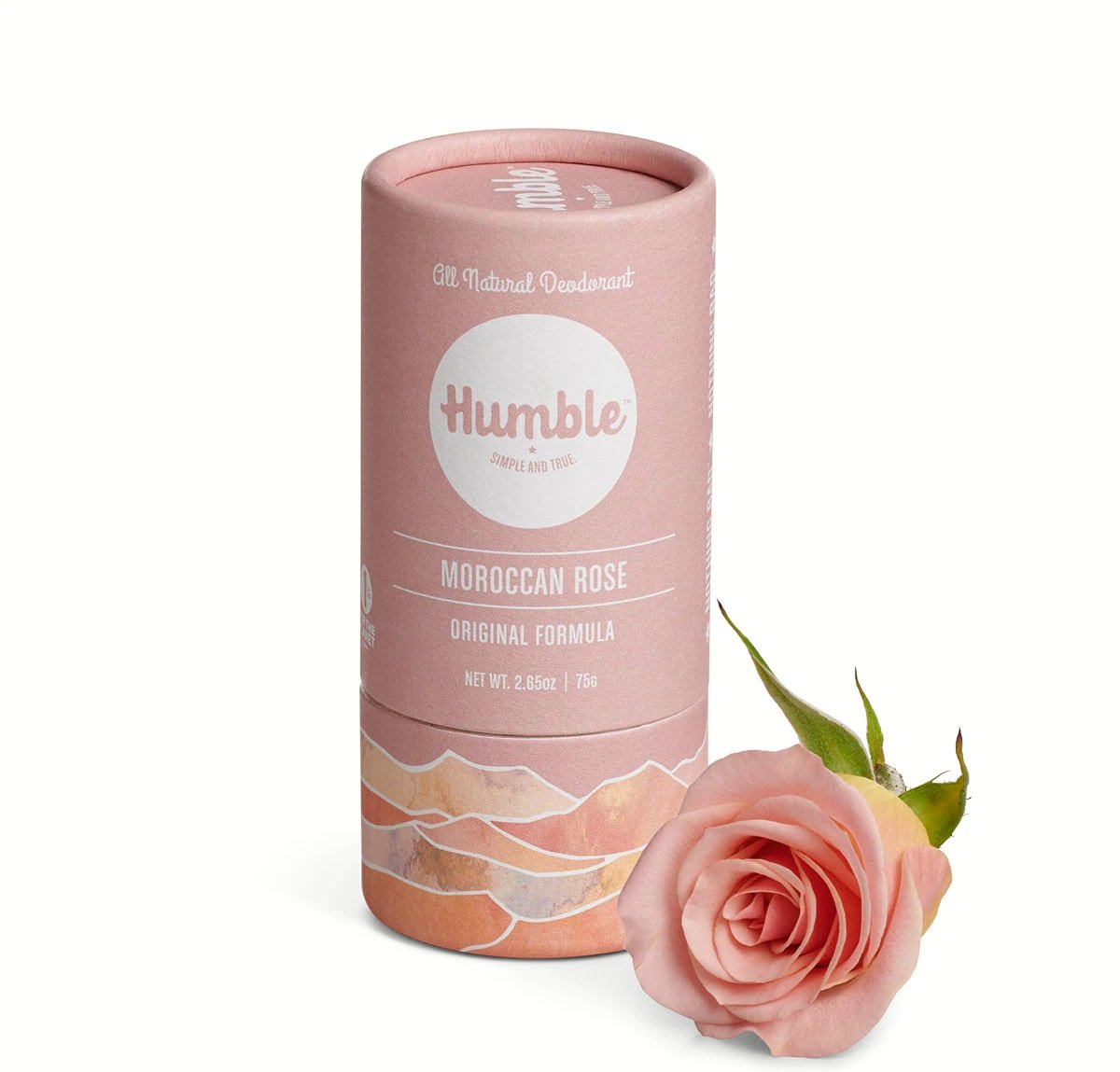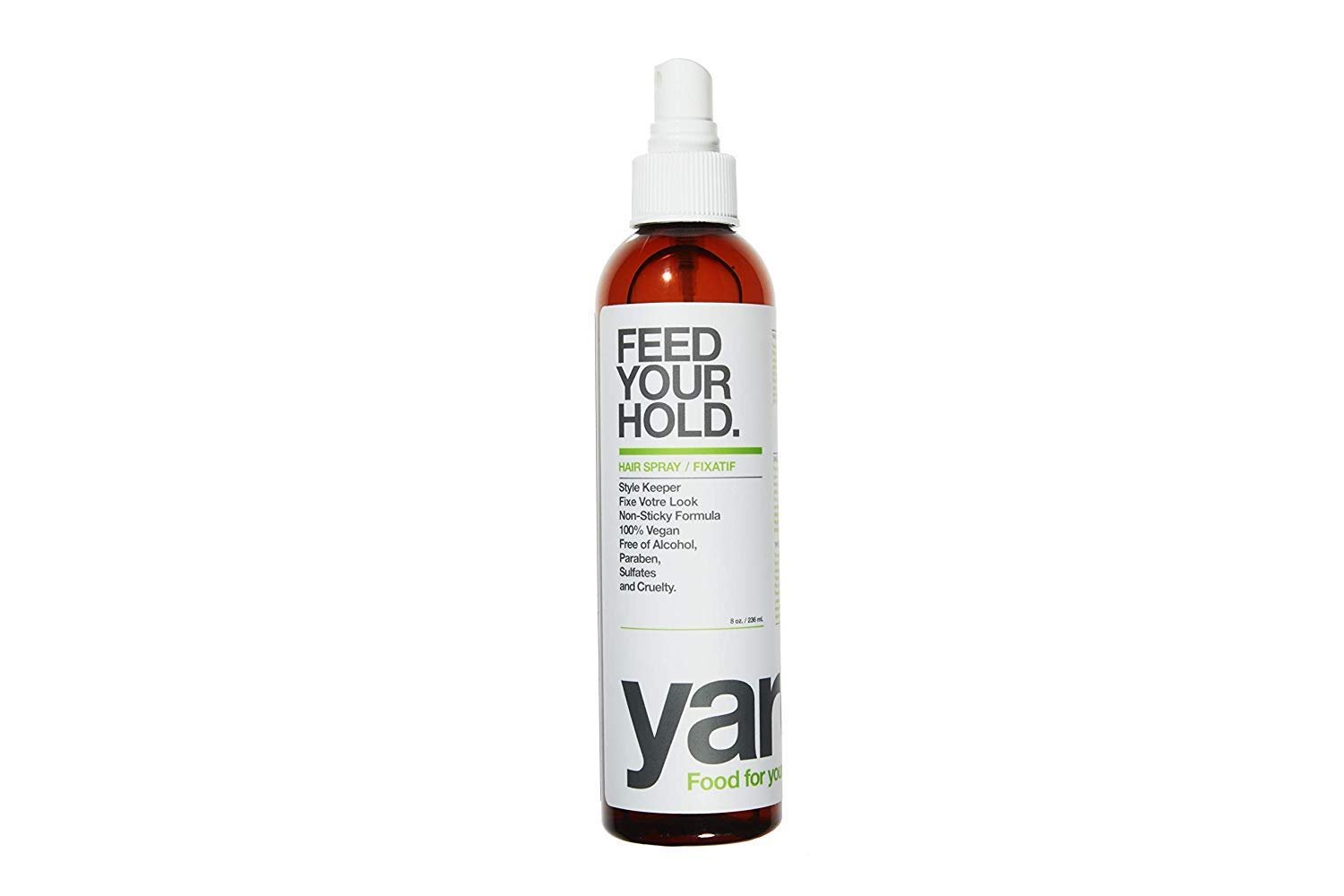Aerosols
*Originally published November 4, 2022, updated February 2024.
Problems with Aerosol
Typically aerosol personal care products contain flammable propellants like propane, butane, isobutane.
Butane, propane, and isobutane from aerosol products negatively impact indoor air quality. Butane and isobutane may contain 1,3-butadiene which is a carcinogen.
History of Harmful Propellants in Aerosols
The history of aerosols dates back over 70 years, though the type of propellants used has changed over time as concerns have arisen. Early propellants were chlorofluorocarbons (CFCs), which have been phased out due to extreme ozone depletion. Hydrochlorofluorocarbons (HCFCs) replaced CFCs but have also been somewhat phased out due to ozone depletion, though their effect is not as severe as CFCs.
Replacements for CFCs and HCFCs include hydrocarbon aerosol propellants like propane, butane, and isobutane which are volatile organic compounds. Volatile organic compounds impact indoor air quality and exposure can cause short term and long term health effects. Learn more about how to reduce exposure to VOCs here.
Other less commonly used propellants that are considered safer are dimethyl ether and compressed air.
Aerosol Environmental Concerns
According to the EPA, aerosol cans may account for nearly 40 percent of retail hazardous waste items. Volatile organic compounds contribute to indoor air pollution and can form ground level ozone.
In 2020, the EPA added aerosol cans to the universal waste program under the Federal Resource Conservation and Recovery Act (RCRA) regulations. Aerosol cans can burst when heated or ignite due to the flammability of propellants. In 2019, a teen’s can of Equate dry shampoo bursted and shot through the roof of her car, landing 50 feet away. At the time of the explosion, the dry shampoo was in the closed middle console and the teen was not in the car.
Benzene Contamination
Benzene is a highly flammable chemical that causes cancer and can damage the immune system. The International Conference on Harmonization states “benzene should not be employed in the manufacture of drug substances, excipients, or drug products because of their unacceptable toxicity.” It also states that if “benzene use is unavoidable to produce a drug product with a significant therapeutic advance, then its levels should be restricted to 2 parts per million (ppm), unless otherwise justified.”
In recent years, benzene has been detected in numerous personal care products, with a large portion being aerosols. In 2021, an indepedent lab, Valisure, tested 662 products and found that 27% were contaminated with benzene, many of which exceeded the 2 ppm threshold. Since then, multiple reports of benzene contamination have surfaced, occuring largely in aerosol products, with the most recent being benzene contaminated dry shampoos in November 2022.
Propellants may be responsible for the benzene contamination which has triggered voluntary recalls from companies like Unilever, Johnson & Johnson, and Procter and Gamble. In the case of Unilever’s contaminated products, an internal investigation did in fact find the aerosol propellant as the source of contamination.
Examples of Products Contaminated with Benzene [1]
Sunscreen (Aveeno, Neutrogena, Coppertone)
Dry shampoos (Pantene, Aussie, Waterless, Herbal Essences, Not Your Mother’s, Batiste, & others)
Foot sprays (Tinactin and Lotrimin)
Deodorant sprays (Old Spice, Secret)
Alternatives to Aerosol
There are clean non-aerosol alternatives to most aerosol products. Below are some of my favorites:
Captain Blankenship dry shampoo effectively soaks up oil, blends easily into hair and smells clean. Save with discount code SWITCHNAT20.
Humble deodorant is effective and free of aluminum and synthetic fragrance. Humble deodorants are effective without aluminum or synthetic fragrance and glide on easily without leaving excess residue. Save with discount code switchnatural.
Yarok Feed Your Hold is a medium hold, non-sticky hairspray without alcohol. Save with discount code switchnatural.
References for Recalled Products Due to Benzene
[5] https://www.fda.gov/safety/recalls-market-withdrawals-safety-alerts/bayer-issues-voluntary-recall-specific-lotriminr-and-tinactinr-spray-products-due-presence-benzene










